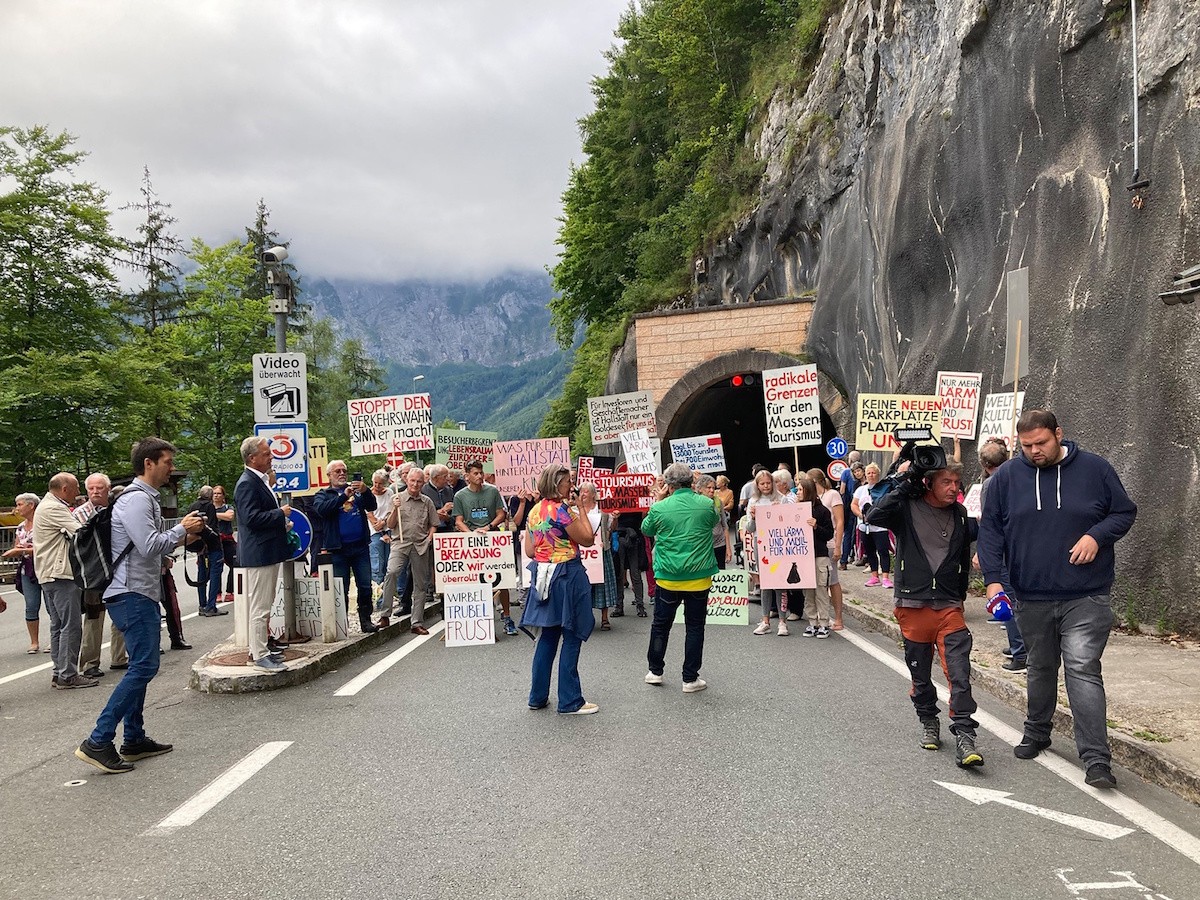Über Tourismus
For decades, tourism has experienced continuous intensification and has become an integral part of our Western lifestyle. Tourism's economic success story has brought prosperity to many regions and prevented out-migration. However, this success is also increasingly revealing its downsides, such as gross environmental impacts for tourism infrastructure and the displacement of local populations due to rising land prices.
In most cases, the advantages and disadvantages are unevenly distributed. Tourist hotspots suffer from the influx of visitors, while other places are left behind. Communities are divided: On the one hand, they benefit from tourism, but on the other, they are increasingly experiencing undesirable side effects. And considering that tourism depends more on the climate than other economic sectors, it's surprising that climate change is often still a marginal issue here.
How can we rethink tourism and steer it toward more sustainable paths in times of climate crisis, wars, the threat of further pandemics, skilled labor shortages, and an ongoing energy crisis? What role do spatial planning and architecture play in this?
Divided into eight chapters, the Architekturzentrum Wien's exhibition "On Tourism" examines key aspects of tourism, such as mobility, urban tourism, interactions with agriculture, climate change, the privatization of natural beauty, and the changing nature of accommodation typologies. It explores whether and how tourism development is planned. Using vivid illustrations, examples, and data, it addresses phenomena such as short-term rental platforms, "cold beds," wealth creation through vacation properties, and the declining "tourism mentality" among the population due to escalating housing and living costs.
Above all, the exhibition explores potential for transformation and presents initiatives that cultivate a different approach to nature, the local population, the climate, cities and villages, and mobility. It presents groundbreaking solutions based on local and international projects. Planning concepts from different countries invite strategic comparison, and numerous successful examples whet the appetite for a type of vacation that no longer exclusively follows consumption and the growth paradigm. The central question remains: How can we imagine tourism that does not destroy what it lives on?
Opening: 26.6.2025, 7 pm
Welcome: Arno Ritter (Head of aut), Peter Paul Mölk (Chairman of Innsbruck Tourism)
Introductory remarks: Karoline Mayer, Katharina Ritter (Exhibition curators, Az W)
